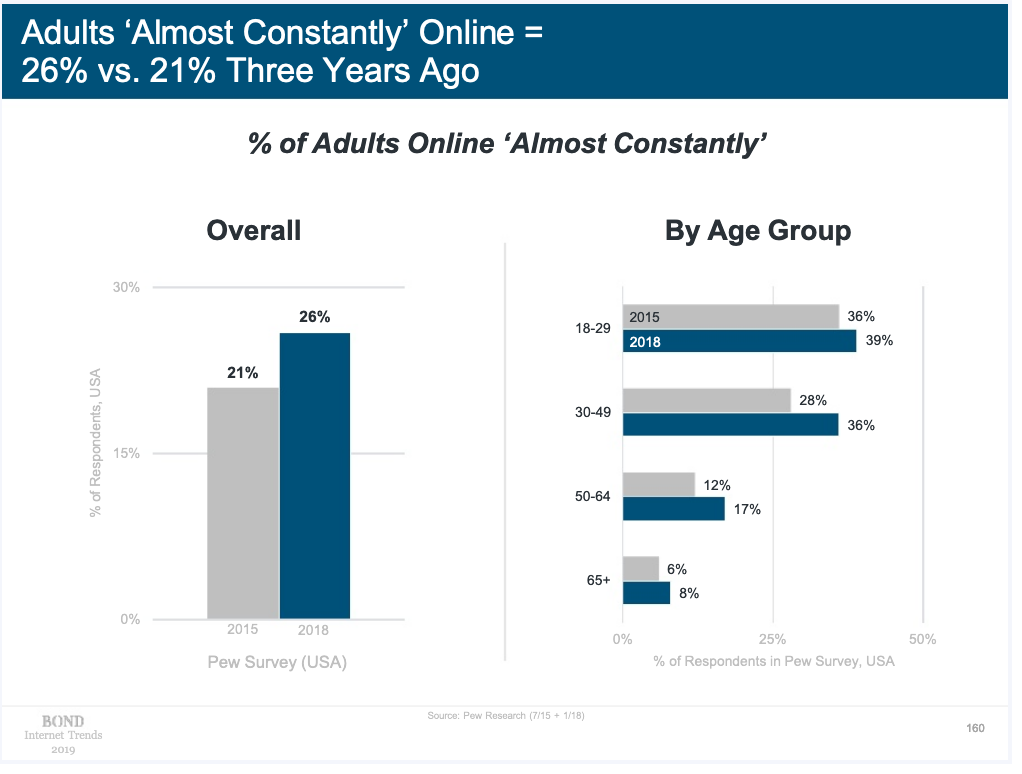My Observer review of Behind the Screen, Sarah T. Roberts’s remarkable exploration of the exploitative world of content ‘moderation’.
The best metaphor for the net is to think of it as a mirror held up to human nature. All human life really is there. There’s no ideology, fetish, behaviour, obsession, perversion, eccentricity or fad that doesn’t find expression somewhere online. And while much of what we see reflected back to us is uplifting, banal, intriguing, harmless or fascinating, some of it is truly awful, for the simple reason that human nature is not only infinitely diverse but also sometimes unspeakably cruel.
In the early days of the internet and, later, the web, this didn’t matter so much. But once cyberspace was captured by a few giant platforms, particularly Google, YouTube, Twitter and Facebook, then it became problematic. The business models of these platforms depended on encouraging people to upload content to them in digital torrents. “Broadcast yourself”, remember, was once the motto of YouTube.
And people did – as they slit the throats of hostages in the deserts of Arabia, raped three-year-old girls, shot an old man in the street, firebombed the villages of ethnic minorities or hanged themselves on camera…
All of which posed a problem for the social media brands, which liked to present themselves as facilitators of creativity, connectivity and good clean fun, an image threatened by the tide of crud that was coming at them. So they started employing people to filter and manage it. They were called “moderators” and for a long time they were kept firmly under wraps, so that nobody knew about them.
That cloak of invisibility began to fray as journalists and scholars started to probe this dark underbelly of social media…
Read on

